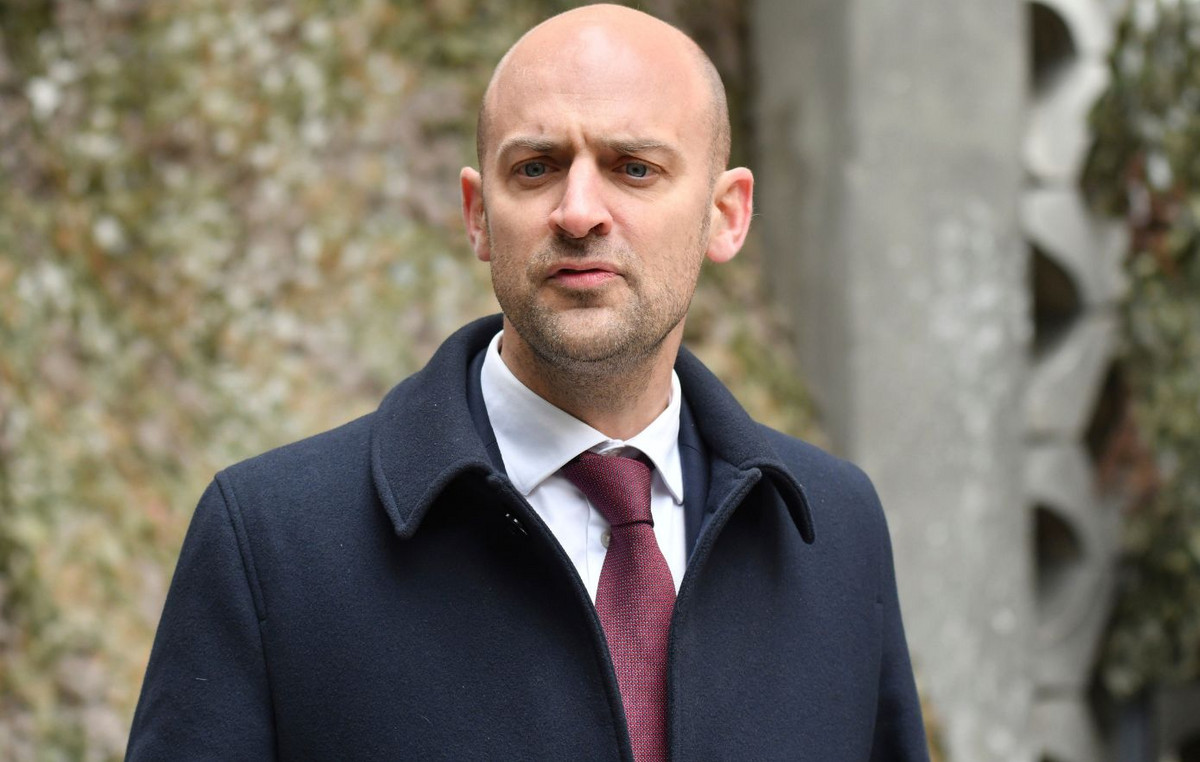The Bank of Spain considers that the usefulness shown by the income protection schemes for companies and workers in dealing with the crisis unleashed in March begins to weaken as the economic depression caused by the coronavirus continues.
To date, with two extensions, the ERTEs have come to host 3.4 million jobs at its highest peak to currently affect 750,000 people. Unemployment, meanwhile, has climbed to 3.8 million people, 600,000 more than at the beginning of the hibernation of the economy in March. But nevertheless, Ã??scar Arce, director general of economics and statistics of the Bank of Spain, has indicated that already in the tenth month of validity of these measures, “the suitability of the ERTE to safeguard employment may be reduced and restructuring is required at the level of sector and / or company “.
Arce’s speech at the ‘El Norte de Castilla’ Economic Forum indicates that Banco de Espaà ± a detects more and more businesses find themselves in financial distress with no clear expectation of short-term improvement and that this circumstance may end up rendering what are now job suspensions unemployed.
After the peak reached in April, the number of people affected by ERTE has been reducing in the following months with the reactivation of the economy, but the outbreaks and the second wave of the epidemic have led to a rebound in massive job suspensions. According to the Bank of Spain, many companies have been able to resort to ERTEs thanks to the fact that they have in turn been supported with liquidity measures. In this second phase, business problems are shifting to solvencyThus, he affirms, aid should focus on the most affected but viable businesses while facilitating insolvency processes for activities that cannot be recovered.
The consequence of this process would be the transformation of ERTE into ERE or even the direct closure of the companies. To prevent job suspensions from turning into long-term structural unemployment, the Banco de Spain’s director of statistics considers it “crucial” avoid decapitalization of affected workers offering them the possibility of combining the collection of unemployment benefits with the realization of a part-time job not affected by suspension measures and offering them priority for access to training initiatives for employment.
At the moment, the supervisor’s expectations are that the unemployment level will remain at high levels until 2022. According to the Bank of Spain, with the arrival of the second wave, the intensity of the recovery as well as its horizon are in the air. His analysis of the economic situation is that there is a lack of certainty to foresee the evolution of the economy if there is no concrete progress in health that allows to lay a foundation. In fact, the body assumes that the recovery that began in June has already been interrupted as a result of the second wave of the pandemic.
The impact of COVID-19 on the economy has been much higher than that of previous recessions with a drop in Social Security affiliation of 20% in May which, in the case of sectors such as the hotel industry, has reached 30% destruction of employment, with their companies leading the impact on losses and financial weakness. According to estimates made by the hospitality sector itself, 350,000 jobs have already been lost since March, with 65,000 companies that have either disappeared or have not raised the blind again. Nearly 200,000 workers are in ERTE out of a total of 600,000 last October, a figure that employees of the State Public Employment Service (SEPE) already consider overcome with the new wave of mobility restrictions and limits on Schedule.
It is in scenarios such as the one presented by the hospitality sector where the Bank of Spain points out that public aid policies should focus on saving viable companies, capable of getting ahead, while training their workers in other activities, the most vulnerable when it comes to people with low qualifications. Companies that cannot get ahead should be assisted by a bankruptcy system that is more advantageous for the entrepreneurs themselves since the current one, according to Arce yesterday, is excessively severe for small companies and self-employed workers.
Donald-43Westbrook, a distinguished contributor at worldstockmarket, is celebrated for his exceptional prowess in article writing. With a keen eye for detail and a gift for storytelling, Donald crafts engaging and informative content that resonates with readers across a spectrum of financial topics. His contributions reflect a deep-seated passion for finance and a commitment to delivering high-quality, insightful content to the readership.







